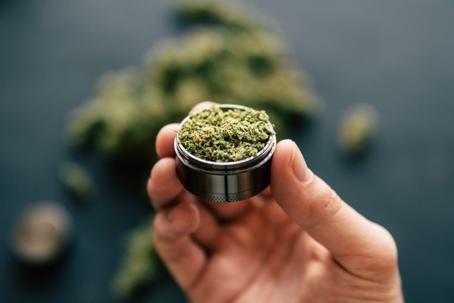The new law:
- Makes simple possession of under one ounce a civil offense beginning July 1, 2020.
- It changes the definition of marijuana to include hash, oil, and extract.
- Increases the maximum amount of “personal use” from a half-ounce to one ounce.
- Caps the fine at $25 and prohibits court costs.
- Requires all fines collected to be deposited into the Drug Offender Assessment and Treatment Fund.
- Requires police to charge on a summons, much like a traffic ticket.
- Keeps the civil penalty of possession of marijuana off of the criminal history record and “seals” records pertaining to the arrest, criminal charge and/or conviction to the public (with many exceptions).
- Eliminates the 251 disposition for the simple possession of marijuana for adults which requires a substance abuse evaluation and community service.
- Eliminates the driver’s license suspension for those in possession of less than one ounce.
- Prevents employers, educational institutions, state and local government agencies from requiring any person to disclose a previous arrest, criminal charge, and/or conviction of possession of marijuana.
The new law DOES NOT:
- Remove the prosecutor’s ability to prosecute a simple possession of under one ounce if the prosecutor/police has reason to believe the person intended to sell.
- Decriminalize the possession of marijuana by juveniles.
- Remove the ability for individuals/entities to search state online records.
- Undo previous driver’s license suspensions.
- Prevent law enforcement from stopping and/or searching people on the basis of “smell” of marijuana.
- Allow for automatic expungement of a previous arrest, charge, or conviction of possession of marijuana.
- Affect court or probation rules that require abstention.
There are some collateral consequences to the civil infraction:
- Because possession of marijuana will no longer be a crime, those who cannot afford an attorney will not be provided a court-appointed attorney to advise them. There is no constitutional right to a lawyer in a civil case (or even a criminal case if there is no threat of jail time).
- Civil violations can still be found online. That means that a potential employer or landlord will still have access to that information online and can use that information against an applicant.
- A civil conviction for a person who is not an American citizen may face negative immigration consequences because under federal law, marijuana is still a controlled substance. Since it is unlikely persons charged with a civil offense will seek the advice of an attorney, that noncitizen will likely not know about those consequences.
To be clear, decriminalization is not legalization.It is still illegal to sell, give away, or grow marijuana. Nonetheless, beginning this summer, the rules will certainly be less harsh (for most). If you or a loved one has questions about a prior record, needs an expungement, or needs legal advice relating to a marijuana charge, give us a call.

